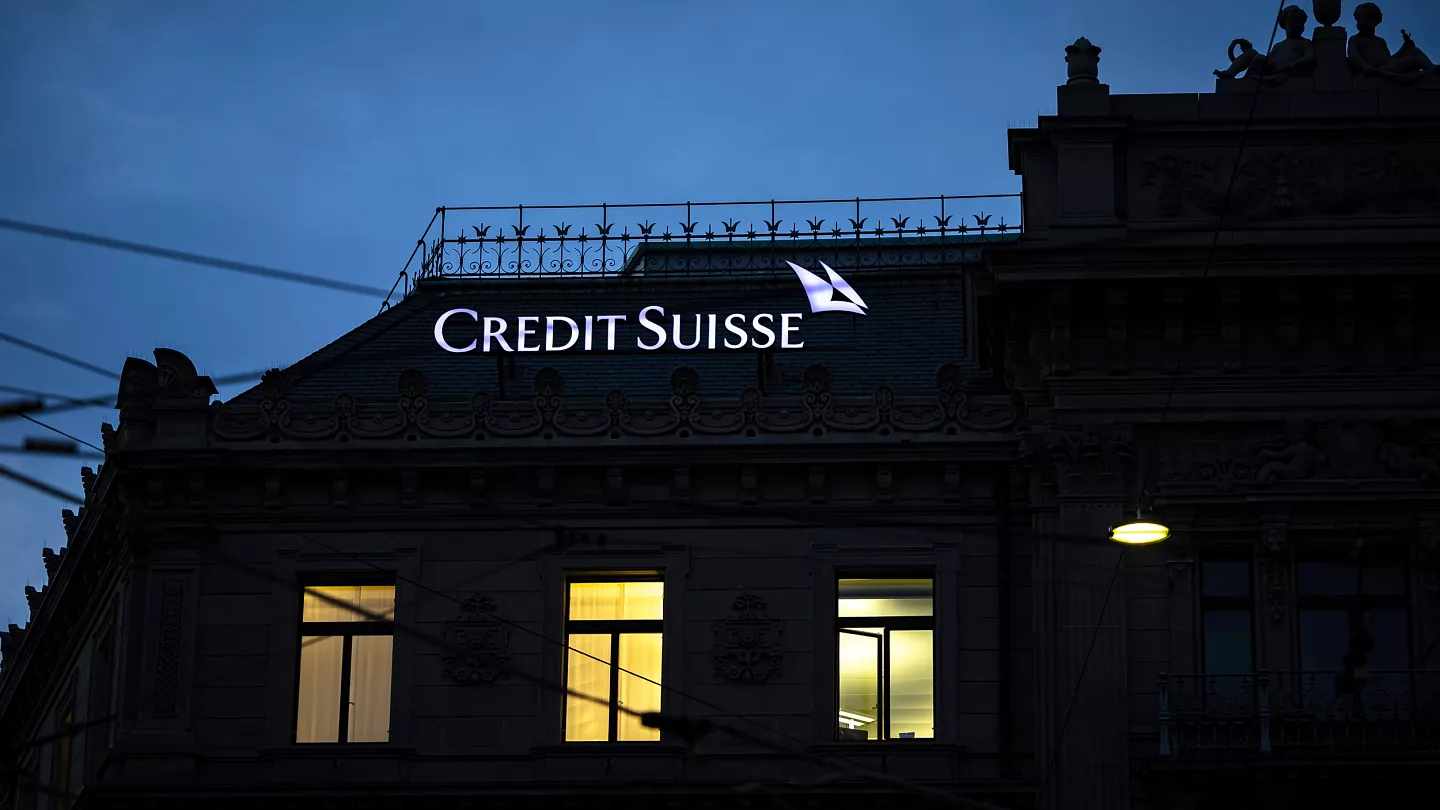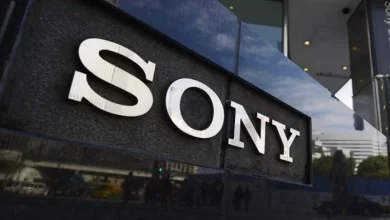Before the Swiss Credit Suisse, which had a liquidity problem, was bought by the UBS Group on Sunday as part of a state-backed package, the political elites in the country were preparing this rescue plan that would shake the global markets.
Although the Swiss National Bank (SNB) and the financial regulator announced that Credit Suisse’s condition is sound, work had begun behind closed doors to bail out the country’s second largest bank.
As part of the bailout package prepared by the Swiss government, UBS Group bought Credit Suisse, which has been operating for 167 years, for 3 billion Swiss francs and assumed the bank’s debt of 5.4 billion dollars.
Swiss regulators set the value of Credit Suisse’s $17 billion capital bonds traded in the markets as zero as part of the sale agreement.
STEPS TO RECOVER DUE TO INCREASED RISKS TO UBS?
This step, which turned the global financial markets upside down, took care of the bank’s shareholders, while at the expense of the bond investors.
Switzerland, a safe haven favored by the wealthy thanks to its neutrality policy, took steps that ran counter to the main lessons learned from the 2008 global financial crisis. The move to bail out Credit Suisse has resulted in increased risks to UBS.
While the Swiss National Bank (SNB) did not make a statement on the subject, the ministry of finance did not respond to the questions.
Investor concerns after the US takeover of Silicon Valley Bank (SVB) caused sharp declines in global banking stocks.
The process, which was triggered after many depositors tried to withdraw their money at the same time, put great pressure on the SVB and led to the bankruptcy of the bank.
In Europe, Credit Suisse, which has been experiencing liquidity problems and dealing with scandals for years, has been trying to gain the confidence of investors for a long time.
A banker who helped bail out some banks in Europe during the global financial crisis in 2008 said he was almost certain that UBS would be used to bail out Credit Suisse, the moment he saw the recent bankruptcies in the US.
“IMPORTANT DEPOSIT WITHDRAWAL FROM THE BANK”
Credit Suisse’s crisis began two days after the banker warned UBS on 13 March that a call from Swiss authorities might soon be forthcoming. Saudi Arabian central bank chief Ammar Al Khudairy’s announcement that they would not invest more in Credit Suisse caused the bank’s shares to fall sharply.
A source advising UBS on merger transactions reported that significant deposits were withdrawn from the bank, but did not disclose the amount.
While negotiations to bail out Credit Suisse began, the Swiss regulatory agency and the Swiss central bank stated that “there is no risk of the crisis in the US spreading directly to the financial markets in Switzerland”, but pointed out that it can fund the bank unlimitedly.
Credit Suisse was also trying to reflect the stability of the bank to the markets, and told Reuters that the bank’s liquidity ratio did not change between 8 and 14 March.
Swiss Finance Minister Karin Keller-Sutter announced that additional support was agreed for Credit Suisse in this process, but this was kept secret to avoid panic.
Keller-Sutter announced that they are holding close talks with US Treasury Secretary Janet Yellen and British Finance Minister Jeremy Hunt. Credit Suisse has units in both countries with thousands of employees.
A source close to the subject informed that there is much less communication with the European Central Bank (ECB). Credit Suisse’s units in Luxembourg, Spain and Germany are much smaller than those in the US and UK.
Regulators in Europe were particularly concerned that Switzerland would place the damage on bondholders, and eventually Switzerland took this step.
ALLEGED PRESSURE FROM SAUDI INVESTORS TO SWITZERLAND
“They took this decision on their own,” said a source who did not want to be named, adding that it was a “big surprise”.
Another source with knowledge of the matter stated that Saudi investors, who have approximately 10% stake in the bank, put pressure on Switzerland and warned that they would initiate legal action if they could not recover some of their investments.
The Saudi Arabian central bank has not yet responded to questions on the matter.
An official who took part in the talks stated that Credit Suisse’s board of directors agreed that shareholders should be paid.
Regulators also wanted shareholders to be paid because otherwise the bank could go bankrupt and create a much bigger financial problem in the country.
Ultimately, the Swiss authorities eliminated 16 billion Swiss francs worth of bonds, compensating the shareholders with 3 billion francs, thus failing to apply the principle of “shareholders take first hit” in bank defaults.
Swiss Finance Minister Karin Keller-Sutter stated that the bailout of the bank is essential, and that in the event of bankruptcy, the cost could be much greater for the Swiss economy and taxpayers.














